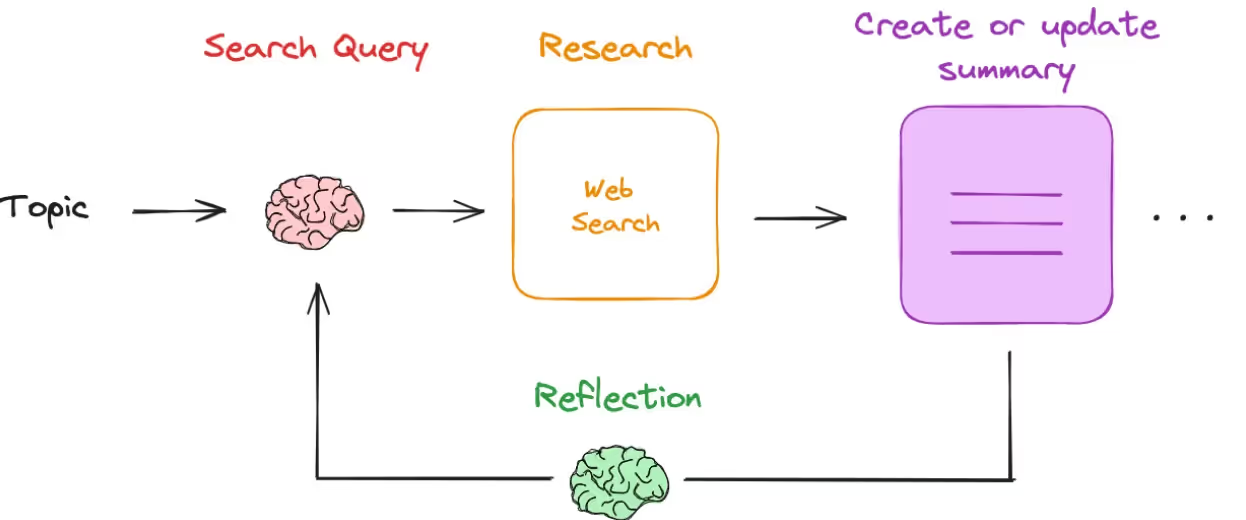Understanding New Hampshire’s Minimum Wage Laws
If you're working or planning to work in New Hampshire, it’s important to understand how the state handles minimum wage. Knowing your rights and what to expect can help you budget better and ensure fair compensation. Unlike many other U.S. states, New Hampshire has a unique position when it comes to setting its own labor wage laws.
Does New Hampshire Have Its Own State Minimum Wage?
New Hampshire does not have a state-specific minimum wage that's different from the federal level. Instead, it follows the federal minimum wage established by the U.S. Department of Labor.
As of 2024, the federal minimum wage is:
- $7.25 per hour for most non-tipped employees
- $2.13 per hour for tipped employees, provided tips bring total pay to at least $7.25
This means if you're working in New Hampshire, employers are only required to pay the federal minimum wage unless federal law changes.
How Does New Hampshire Compare With Other States?
Many states have implemented their own higher minimum wages, often incrementally increasing them each year. Here's how New Hampshire stands in comparison:
- Massachusetts: $15.00 per hour (as of 2024)
- Vermont: $13.18 per hour (as of 2024)
- Maine: $13.80 per hour (as of 2024)
New Hampshire remains one of a few New England states that haven’t adopted a higher state minimum wage. This often raises questions for both workers and business owners regarding wage fairness and cost of living.
Who Does the Minimum Wage in New Hampshire Apply To?
The federal minimum wage in New Hampshire applies to the following workers:
- Hourly employees at businesses covered by the Fair Labor Standards Act (FLSA)
- Retail and service workers
- Hospitality workers such as hotel and restaurant staff
However, certain employee groups may not qualify. Here are common exceptions:
- Student workers (may earn a reduced wage)
- Some farm workers
- Administrative, executive, and professional employees
Is There a Movement to Raise the Minimum Wage in New Hampshire?
Yes, there has been ongoing discussion in the New Hampshire legislature regarding raising the state minimum wage. Bills have been introduced, but none have been passed into law as of early 2024.
Advocates argue that $7.25 is not sufficient to meet the current cost of living in the state. Supporters of an increase say a higher wage would:
- Reduce poverty levels
- Improve worker retention
- Enhance economic stability
Opposition often comes from small business owners worried about the financial impact of higher labor costs.
Does the Living Wage Differ From the Minimum Wage in New Hampshire?
Yes, the living wage represents what a person needs to earn to meet basic expenses like food, housing, and healthcare. This figure often varies by family size and location.
According to the MIT Living Wage Calculator:
- A single adult in New Hampshire needs to earn about $17.45 per hour to meet basic needs
- An adult with one child requires around $34.00 per hour
These figures are far above the current federal minimum wage of $7.25, highlighting the gap between minimum and actual living costs in the state.
How Are Tipped Workers Affected in New Hampshire?
If you work in a service industry like restaurants or salons where tipping is common, your base wage will likely be much lower. In New Hampshire, tipped employees receive $2.13 per hour before tips.
Employers are legally required to ensure employees earn at least $7.25 with tips included. If tips fall short, the employer must make up the difference. This is known as the "tip credit" regulation under the Fair Labor Standards Act.
Minimum Wage for Minors and Training Wages
Younger workers and new employees may qualify for a subminimum wage under federal guidelines.
This includes:
- Training wage: Employers can pay new hires under age 20 as little as $4.25 per hour during their first 90 days
- Minors (under 16): May not be eligible for a full-time schedule and are generally limited to certain types of work
While New Hampshire does not have its own youth wage law, the federal rules still apply to employers statewide.
Penalty for Not Paying Minimum Wage in New Hampshire
Businesses in New Hampshire must comply with federal wage laws. If you're not paid the minimum wage, you may file a complaint with the U.S. Department of Labor or contact the New Hampshire Department of Labor.
Failure to pay can result in penalties, back pay to workers, and legal consequences for employers that violate wage laws.
Related Questions About Minimum Wage in New Hampshire
Is the minimum wage going up in New Hampshire in 2024?
As of now, there are no approved increases to the minimum wage in New Hampshire for 2024. The state continues to follow the federal rate of $7.25 per hour.
What is the tipped minimum wage in New Hampshire?
The tipped wage in New Hampshire is $2.13 per hour. If tips do not bring the total hourly pay to $7.25, the employer must make up the difference.
What can I do if my employer isn't paying the minimum wage?
You can file a complaint with the U.S. Department of Labor’s Wage and Hour Division, or you may contact the New Hampshire Department of Labor for further assistance in wage disputes.
How much do you need to earn to live comfortably in New Hampshire?
To live comfortably in New Hampshire, a single adult typically needs around $17 to $20 per hour, depending on location. For families, this number could be much higher, especially with dependents.
Why hasn't New Hampshire raised the minimum wage?
Efforts to raise the minimum wage in New Hampshire have faced legislative opposition. Concerns among lawmakers include potential impacts on small businesses and job losses. That has kept the wage aligned with the federal level.










.svg)



